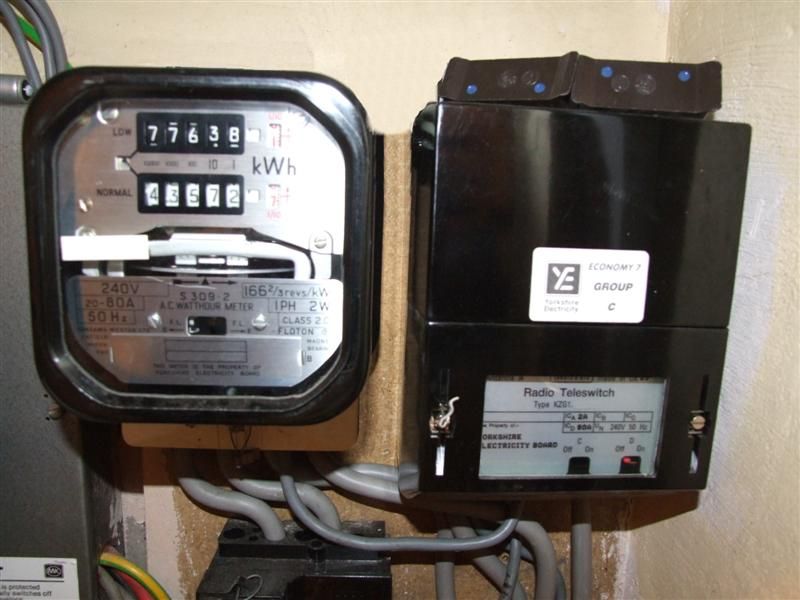Targeted Charging Review (TCR)

What is The Targeted Charging Review (TCR)?
TCR (Targeted Charging Review) is was introduced by OFGEM (The regulator) that aims to ensure that businesses are charged fairly and transparently for the distribution of their energy and the maintenance of the grid.
The national grid has predicted that this will save them £300 million annually.
TCR came into full effect in April 2023. Due to TCR, DUoS (Distribution Use of Systems) and TNUoS (Transmission Network Use of Systems) have now been worked into your business energy bills. DUoS and TNUoS can make up to 16%-33% of your energy bill.
DUoS and TNUoS are linked to the Available Supply Capacity (ASC), which is the maximum amount of energy that a site can consume from the national grid at any given time - this is measured in KVA. Depending on your ASC, your business could face higher energy bills due to TCR.
Why has TCR been implemented?
Some business electricity consumers ensured their energy consumption was at its highest away from peak times, a practice known as load shifting.
This allowed these businesses to avoid paying expensive tariffs during peak times. However, load shifting has caused an imbalance. This means that some energy consumers were underpaying for network costs while other businesses had to cover the deficit. Targeted Charging Review (TCR) solves this issue by regulating how DUoS (Distribution) and TNUoS (Transmission) charges are applied to energy bills.
What does this mean for my business?
- From April 2021, BSUoS will move from net to gross, resulting in higher costs.
- From April 2022, DUoS charges change from being calculated to being fixed.
- From April 2023, TNUoS charges also change from being calculated to being fixed.
A charge that covers the cost of installing and maintaining the transmission network.
A charge paid to the Distribution Network Operator (DNO) that works in the area of the meter.
A charge that covers the cost of balancing the system to make sure the supply can cover the demand.
Are these costs fixed?
Around 90% of TNUoS and 50% of Duos costs will be fixed and included in your standing charge.
How have my TNUoS AND DUoS costs been decided?
You will be given a banding based on your location and the agreed supply capacity of your business premises. The higher the agreed capacity, the higher the TCR charges. Contact us if you need help finding your allocated banding, and we will be happy to help.
Before signing an energy contract, you should review your kVA and see if it can be reduced. Once you sign a contract, you will be stuck paying that standing charge, even if you get a kVA reduction during the contract. If your business would benefit from a kVA review, contact us. We are happy to provide you with a free kVA analysis.
Standing charge prices for your kVA (Half Hourly businesses only)
| Different Bands | Agreed Capacity | Price Per Day |
|---|---|---|
| Band 1 | 1-80 kVA | £5 - £9 |
| Band 2 | 80-150 kVA | £10 - £16 |
| Band 3 | 150-231 kVA | £21 - £35 |
| Band 4 | 231+ kVA | £40 - £70 |
| High Voltage | 1800+ kVA | £100 - £150 |
Your standing charge will differ based on your location, business size and consumption. If you have a non-half hourly meter and would like an estimate on what you can expect your standing charge to be, please contact us, and we will be happy to find out for you or provide you with a quick quote.
What Can you do to change your TCR Banding / High Standing Charge
If you think you are in the wrong band, then you may be able to change this by contacting your local distribution network. Find my Network Operator
We will gladly assist you if you want to know more about TCR.
Contact us on 0161 521 3400 or email us at Info@purelyenergy.co.uk for any queries, and we will advise you on your next steps to ensure you can attain the lowest energy bills possible.
This article was written by Megan Glover of Purely Energy. If there are any suggestions or questions - Please get in touch with us.




